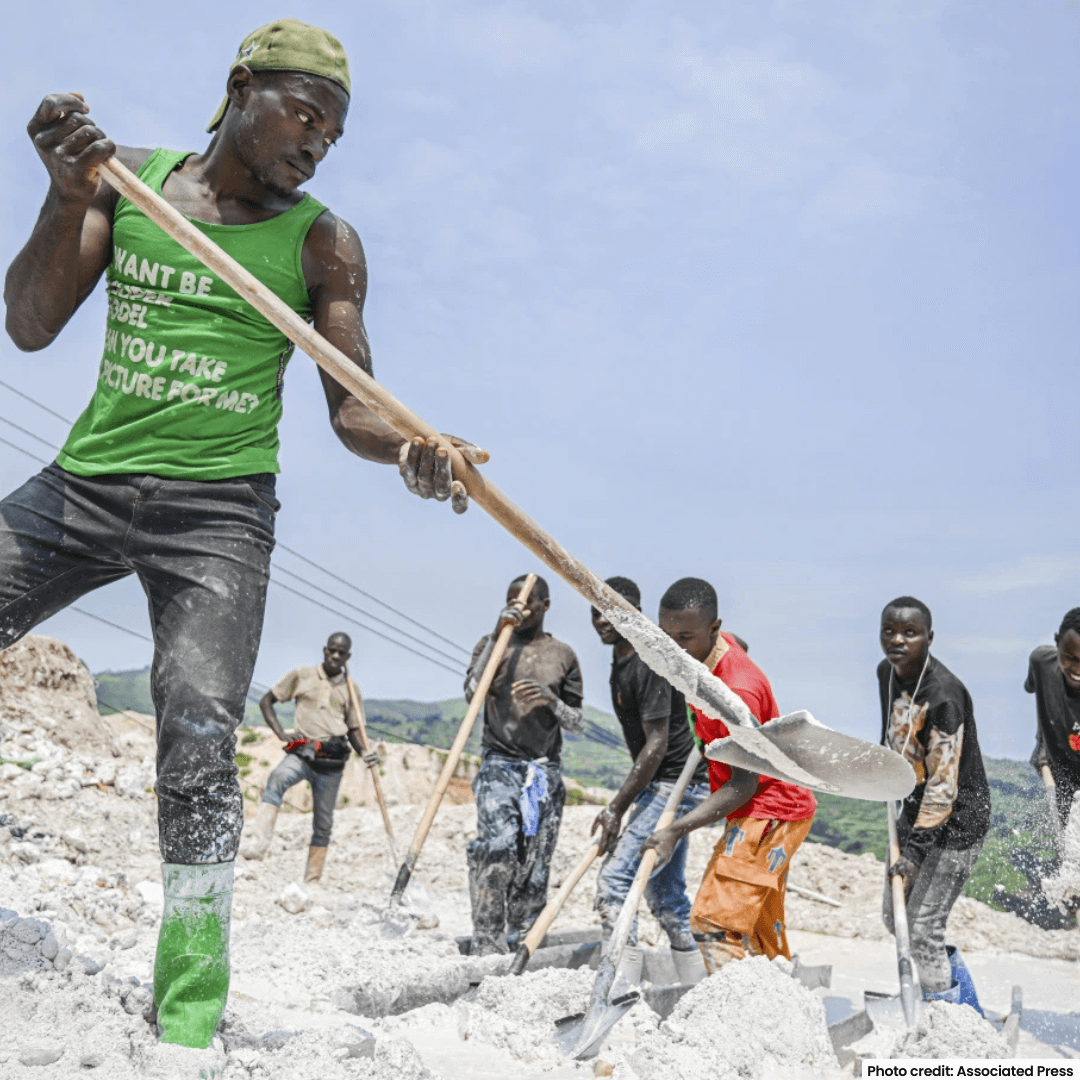The U.S. has blacklisted a militia and companies tied to eastern Congo’s coltan trade, saying profits fuel violence. For African consumers and workers, the stakes are real: safer, legal minerals mean fairer jobs and more stable economies. Here’s what the move changes—and what to watch next.
The United States has imposed sanctions on a Congolese militia and four companies accused of profiting from the illegal coltan trade in eastern Democratic Republic of the Congo (DRC). U.S. officials say these actions target financial networks that fuel violence and hinder progress toward peace.
The U.S. Treasury’s Office of Foreign Assets Control (OFAC) has blacklisted the PARECO-FF militia, the Coopérative des Artisanaux Miniers du Congo (CDMC), and two exporters based in Hong Kong: East Rise Corporation Limited and Star Dragon Corporation Limited. These sanctions freeze any assets held under U.S. jurisdiction and prohibit Americans from conducting business with the named entities.
According to OFAC, PARECO-FF operated illegal mining and taxation schemes around Rubaya—one of the world’s most valuable coltan hubs—from 2022 through early 2024. The militia is accused of carrying out forced labor and executions, while smuggling minerals into Rwanda. Today, control of Rubaya’s coltan, which accounts for roughly 15% of the global supply and is essential for electronics, has shifted to the M23 rebel group.
The U.S. described its action as part of a broader push to support legal trade, following a June peace agreement between the DRC and Rwanda. Experts caution that sanctions alone could drive the trade further underground unless accompanied by reforms and efforts to build verified supply chains.
In response, the Treasury urged global buyers to rigorously screen suppliers and avoid any dealings with those named in the sanctions.
Leave a comment
Your email address will not be published. Required fields are marked *





